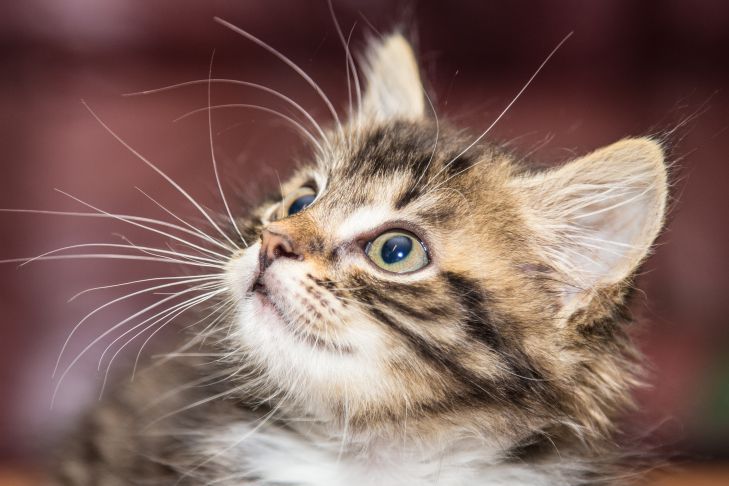Gardeners know how annoying it is to discover in the morning dug up flower beds and typical "surprises" from the neighbors' cats.
Beloved plants are suffering, and all attempts to protect them seem useless.
However, there are effective ways to solve this problem.

Cats have a keen sense of smell and cannot stand certain odors. Orange peels placed around the perimeter of the flower bed will create a natural barrier.
Ground pepper, coffee grounds or chopped lemon zest are also effective. The smell of these natural repellents will remain unpleasant for animals even after rain.
A simple method of protection is to place decorative stones or pine cones between the plants.
Cats do not like uncomfortable surfaces and avoid such places. Small pebbles or expanded clay will not only create a protective layer, but also decorate the flowerbed.
Experienced gardeners plant plants that repel cats.
Thorny roses, fragrant thyme or catnip do a great job of this task.
Cats don't like the pungent aroma of these plants, so they stop visiting such places.
Ultrasonic repellents react to movement and produce a sound that is inaudible to humans.
Animals quickly understand that they are not comfortable in this area. The devices are powered by batteries or solar panels, which makes their use convenient.
Regular spraying of the flowerbed with water with the addition of citrus essential oils creates additional protection.
Cats avoid damp soil and do not like strong odors. This method is especially effective in dry weather.
Creating a special sandbox in a secluded corner of the garden can distract cats from flower beds.
Animals prefer loose soil, so they readily switch to the proposed alternative.
A combination of different methods gives the best result.
It is important to remember that cats are quite stubborn, so it may take time to form new habits.
Regular use of the described methods will help protect your favorite plants and preserve the beauty of your garden.
